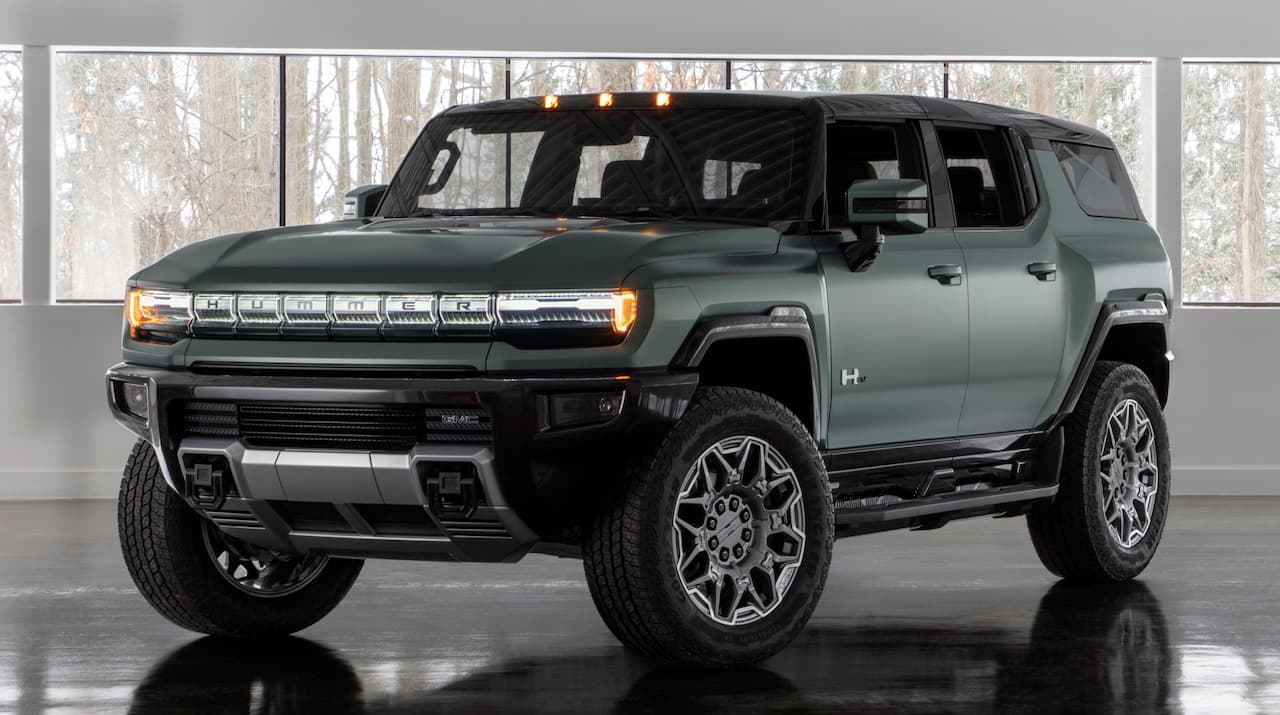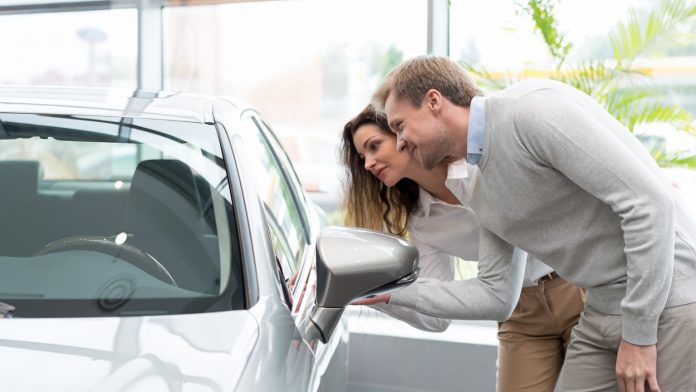Unsurprisingly, there’s pricing sensitivity when it comes to a car purchase. Ask a dealer when was the last time a customer didn’t care about a car’s cost, and the likely response is “never.” In other words, shoppers have always been concerned about the price of a new ride.
But, it’s even more of an issue as consumers face record new car prices. According to Kelley Blue Book (KBB), the average August transaction price for a new vehicle hit $48,301, a $222 (or 0.5%) jump from the previous record high set in July. That’s also a 10.8% jump from August 2021. In comparison, the average transaction price in August 2019 was $37,401, according to KBB.
Customers respond to record prices and dealer markups
 But consumers aren’t taking record vehicle prices and dealer markups in stride. One website, markups.org, uses crowdsourced data to track retailers’ charges (zero-markup pricing is also included). Extreme examples include $200,000 surcharges for limited-run vehicles like the Chevrolet Corvette Z06 and GMC Hummer EV.
But consumers aren’t taking record vehicle prices and dealer markups in stride. One website, markups.org, uses crowdsourced data to track retailers’ charges (zero-markup pricing is also included). Extreme examples include $200,000 surcharges for limited-run vehicles like the Chevrolet Corvette Z06 and GMC Hummer EV.
GfK’s report puts this type of dealer behavior into perspective with eye-opening results. The research reflects that 80% of car buyers in May and June this year paid at or above MSRP. That fact alone puts consumers in a grumpy mood, especially those used to getting a deal.
However, there’s a big dividing line between those that shelled out MSRP and a higher price. Among purchasers who paid more than MSRP, 31% would recommend skipping the dealer they went to. That’s more than double the 14% who just paid MSRP.
The MSRP versus MSRP-plus disparity is equally bad regarding car brands. More than one-fourth (27%) of shoppers hit with surcharges beyond MSRP promised to never buy from the same automaker again. Yet, this sentiment level is only at 10% for those that paid the sticker price.
But things go from bad to worse as consumer anger grows from simmering to boiling in the space of a month. In May, 28% of those with an above-MSRP deal said they would tell others not to buy from that dealer. One month later, that number rose to 35%.
It’s a similar situation with post-sale servicing. Almost one-quarter (23%) of MSRP-plus buyers in May would bypass the purchase location for service. These negative sentiments rose to 32% in June.
GfK’s research also uncovers other factors contributing to the car buyers’ surly attitudes. Respondent data show that:
- 30% had to compromise on preferred features
- 31% bought a vehicle that wasn’t the first choice
- 34% were charged an unfamiliar fee
- 30% purchased from a dealer that was the first choice
Recognizing the consequences of above-MSRP pricing
“Manufacturers and dealers need to think beyond today’s troubles to protect their brands for the long term. While paying above MSRP may not seem terribly different from simply paying the list price, our research shows that the negative feelings generated are much stronger–and more threatening to future business,” remarked Julie Kenar, senior vice president at GfK.
For many auto retailers, charging above MSRP is a way of helping the bottom line during times of tight inventory. However, today’s immediate gain can lead to adverse effects later on. Putting aside negative consumer perceptions about a particular automotive brand, adding excessive markups impacts dealer operations.
Using the GfK study as a benchmark, it’s a safe assumption that at least 30% of car buyers paying above MSRP don’t want anything to do with that particular dealership afterward. So, before asking for more than sticker, a dealer has to consider the impact of a 30% loss in referral business or service work. These calculations don’t even take into account the effect of negative online feedback or a drop in repeat customers.
 Did you enjoy this article? Please share your thoughts, comments, or questions regarding this topic by connecting with us at newsroom@cbtnews.com.
Did you enjoy this article? Please share your thoughts, comments, or questions regarding this topic by connecting with us at newsroom@cbtnews.com.
Be sure to follow us on Facebook, LinkedIn, and TikTok to stay up to date.
While you’re here, don’t forget to subscribe to our email newsletter for all the latest auto industry news from CBT News.



